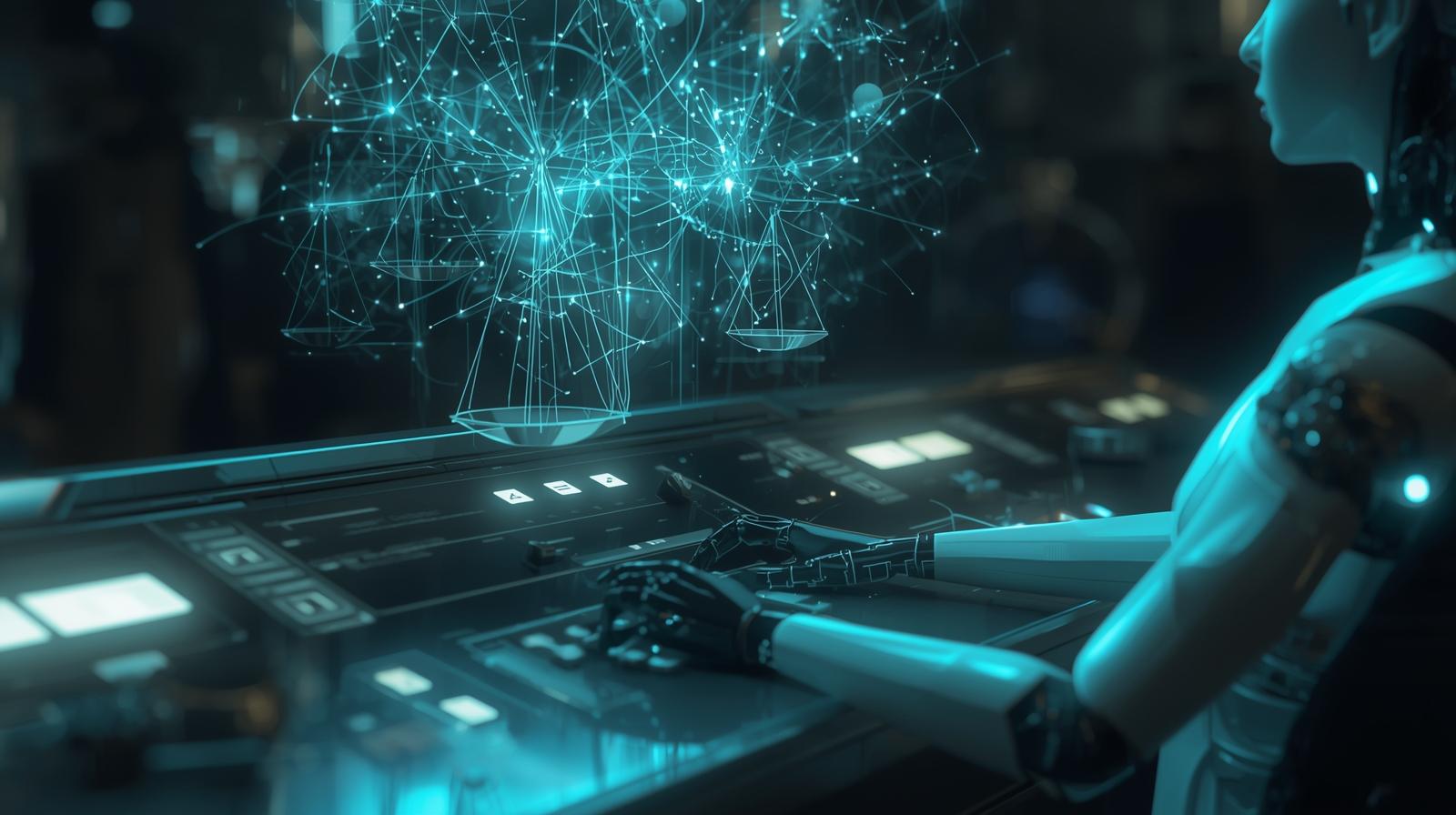
September 25, 2025
Ethics on Autopilot: Should AI Systems Make Moral Choices Without Humans?
The question of whether artificial intelligence should be allowed to make moral decisions without human involvement has moved from science fiction into reality. From autonomous vehicles deciding how to respond in life-or-death scenarios to healthcare algorithms prioritizing treatment, AI is increasingly stepping into the ethical domain. The debate over ethics on autopilot is not just about technology. It is about the values that govern human society and whether they can or should be transferred to machines.
The rise of automated moral choices
Machines were once limited to executing mechanical tasks. Today, they are entrusted with choices that carry weighty consequences. Autonomous systems are designed to optimize outcomes, reduce bias, and increase efficiency, but they also inherit ethical dilemmas that have long been reserved for humans.
Consider the following examples:
- Autonomous vehicles deciding whether to protect passengers or pedestrians in a crash scenario.
- Medical algorithms allocating resources when not every patient can be treated equally.
- Content moderation systems determining what qualifies as harmful or acceptable speech.
Each scenario involves a moral dimension that cannot be solved by logic alone.
Why automation appeals
The appeal of outsourcing moral choices to AI lies in efficiency and perceived objectivity. Machines do not fatigue, hesitate, or become emotionally biased. They can process vast amounts of data quickly and apply consistent rules across millions of decisions.
- Scalability: AI can manage decisions at a level impossible for human oversight.
- Consistency: Rules and outcomes are applied uniformly, reducing unpredictability.
- Speed: In high-stakes situations like autonomous driving, instant decisions are critical.
However, consistency is not the same as fairness, and speed does not guarantee justice.
The illusion of neutrality
AI is often presented as neutral, but this is misleading. Algorithms are designed by humans, trained on data that reflects human history, and shaped by cultural assumptions. This means AI inherits biases, both visible and hidden.
For instance, an AI system trained on healthcare data from one region may undervalue patients from another demographic. A content moderation algorithm may suppress marginalized voices because it was not trained on diverse speech patterns. What looks like neutrality is often just automated bias.
Ethical frameworks in code
To delegate moral decision-making to AI, designers attempt to embed ethical frameworks into algorithms. This raises profound challenges:
- Utilitarian models: Optimize for the greatest good for the greatest number, but at what cost to minority groups?
- Deontological rules: Enforce strict principles, but struggle with flexibility in novel scenarios.
- Hybrid models: Attempt to balance outcomes with rules, yet risk inconsistency.
Unlike humans, who can adapt moral reasoning to context, AI systems apply rules rigidly, sometimes in ways that conflict with human intuition.
The accountability gap
When AI makes moral choices, a critical question arises: who is accountable when things go wrong? Is it the programmer, the company deploying the system, or the AI itself? Current legal frameworks struggle to handle scenarios where AI acts autonomously yet impacts human lives.
The accountability gap creates risks of moral outsourcing. If humans are no longer directly responsible, ethical responsibility may dissolve, leaving victims with no clear recourse.
Risks of ethics on autopilot
Placing morality in the hands of machines creates several risks:
- Dehumanization: Stripping empathy and compassion from decisions that directly affect people.
- Bias amplification: Encoding systemic injustices into automated systems.
- Opacity: Creating black-box decisions that users cannot understand or challenge.
- Moral drift: Allowing platforms or governments to quietly redefine ethical standards through algorithms.
The danger is not simply that machines make mistakes. It is that society adapts to those mistakes and begins to normalize machine-made morality.
Can AI truly be moral?
One of the most profound debates is whether AI can ever possess morality in the first place. Morality requires not only decision-making but also intention, empathy, and accountability traits that machines do not inherently have. AI can simulate ethical behavior by following coded instructions, but simulation is not the same as moral reasoning.
This raises the possibility that AI will always be performing morality rather than experiencing it, which could undermine trust in systems that must make human-centered choices.
Human oversight as a safeguard
Most experts argue that human oversight must remain central in AI ethics. Humans bring cultural context, emotional intelligence, and situational awareness that machines cannot replicate. Oversight can take different forms:
- Human-in-the-loop systems: AI assists but humans make final moral judgments.
- Audit trails: Transparent records of AI decisions allow accountability and corrections.
- Ethics boards: Independent groups review algorithms to ensure fairness and balance.
These safeguards recognize that while AI can support moral decisions, it should not replace human moral responsibility.
Toward a shared future of ethics and AI
The future of moral decision-making in AI will likely involve shared responsibility between humans and machines. Key strategies include:
- Global standards: Establishing cross-cultural agreements on AI ethics to prevent fragmented systems.
- Dynamic frameworks: Allowing ethical algorithms to adapt as cultural values evolve.
- Education and transparency: Ensuring users understand when and how AI makes moral decisions.
This shared model does not eliminate risks, but it helps distribute responsibility and maintain human agency.
Conclusion: ethics must not be outsourced entirely
Ethics on autopilot may offer efficiency and consistency, but it risks undermining the very human values it seeks to protect. Machines can simulate moral reasoning, but they cannot embody empathy, compassion, or accountability. True morality requires human presence, reflection, and responsibility.
The challenge is not whether AI should make moral choices, but how much freedom it should have in doing so. Without careful limits and oversight, the convenience of automation could erode the foundations of human ethics. In a digital age where machines increasingly shape our lives, the question is not whether we can automate morality, but whether we should.